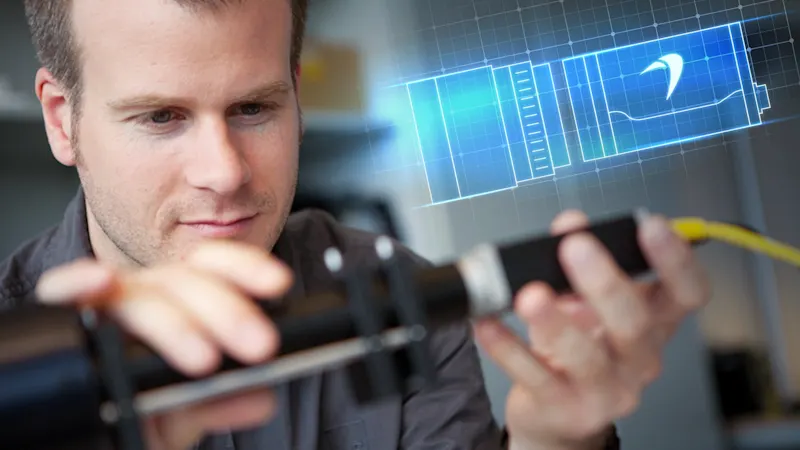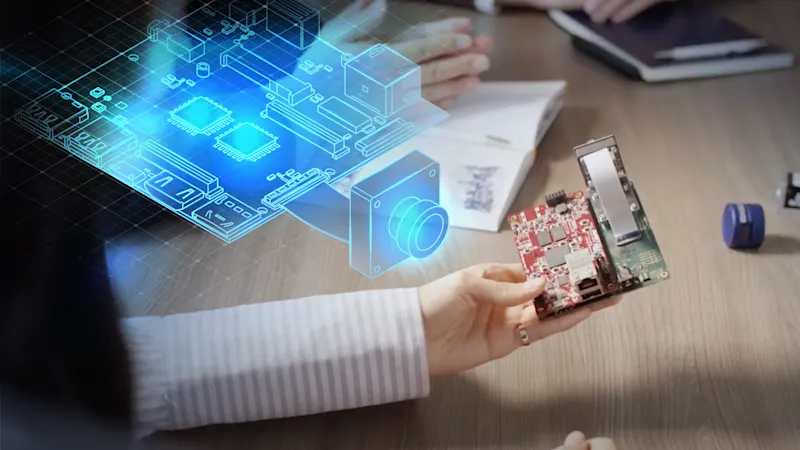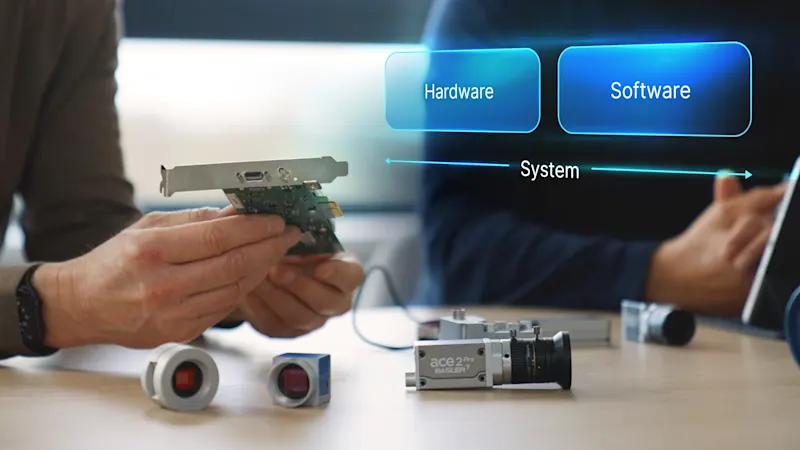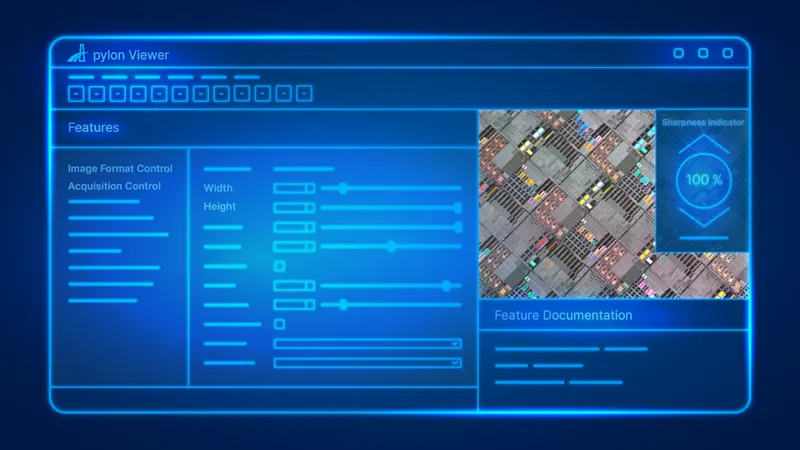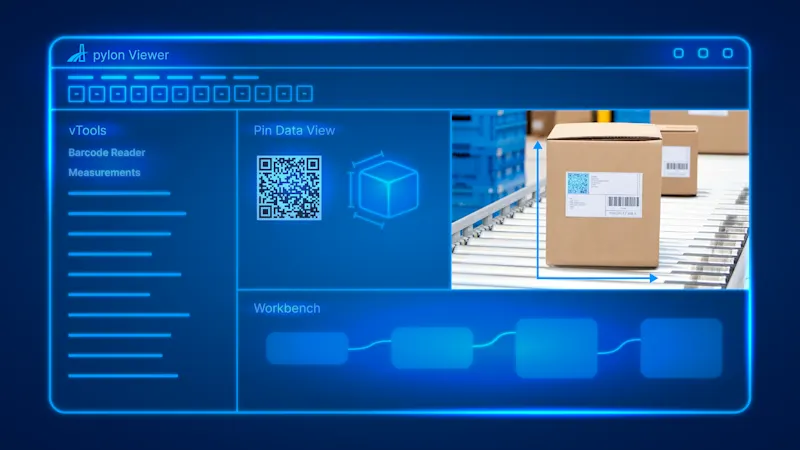100 % Customized Vision System for Scalability in Ophthalmology

What is the vision system for ophthalmology about?
The human eye is a complex organ. This is why eye examinations require different devices: refracto-keratometers, for example, are used for dioptric determinations, OCT (Optical Coherence Tomography) devices for retinal examinations and tonometers to measure intraocular pressure. All devices have a different function, but many are based on imaging. In the development and production of various devices, this commonality provides manufacturers with synergies. Basler has both the hardware and software portfolio as well as the expertise to configure a customized and scalable vision system.
Requirements for customized vision systems for ophthalmology
Developing, producing and maintaining different devices for eye examinations is costly. But no matter how different the devices may be, many of them use imaging. For device manufacturers, taking advantage of the resulting synergies requires an experienced partner. In the planning stage, many different aspects need to be considered, such as:
Defining the common denominators of vision systems in different devices
Developing hardware and software components that are universal (can be used in several devices) as well as individual (can be used in one device)
Ensuring the long-term availability of the hardware components
Customized vision solution with embedded controller & camera module
Are you a manufacturer of multiple devices that have commonalities despite their different functions? Are there common factors in the computer vision system? It can make sense to develop hardware and software components that are so universal that they fit into different devices and at the same time can easily be equipped with features specific to individual devices.
In our ophthalmology example, the full custom design of an embedded controller forms the centerpiece of different devices for eye examinations. In the customized solution, the carrier board and SoM (System on Module) are located on one board. We developed the embedded controller so that it can be integrated into different devices – e.g. supplemented by one or more cameras, a laser or software. As a result, a refracto-keratometer can be based on the same embedded controller as an OCT device and a tonometer.
Although we have several hundred cameras available in our portfolio for image capture, it is a good idea to develop a customized camera for individual requirements. This was also true here: We integrated a sensor that had not been previously available in the portfolio into a dart camera module with a MIPI interface. The result was an inexpensive camera module that fit perfectly with the embedded controller.
In addition to the hardware, the software makes it possible to individualize a computer vision system. We will provide you with the pylon Camera Software Suite for the commissioning and control of the camera, pylon vTools for the image processing and a Board Support Package for the integration into your system. Use the software to assign a particular function to the hardware and specify the computer vision system of different devices.
Developing a customer-specific vision system involves an initial expenditure. However, a customized, cost-optimized system with long-term availability offers considerable synergy effects.
The advantages of the vision system for ophthalmology
The full custom design of an embedded controller with as much hardware as necessary and as little as possible
The universal embedded controller offers high flexibility for
connection with additional hardware, such as one or more cameras
configurations with different functions via the software
Customized dart camera module that meets individual requirements for interface, sensor and price
Using an embedded controller and camera module in a variety of devices enables scalability, since the quantity is increased and the costs per component are reduced
Products for this solution
Looking to implement a comparable solution? These products will help you.
